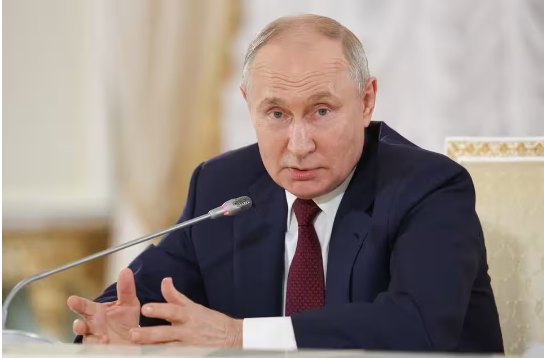
Putin plays a sophisticated game in the South Caucasus, far removed from the spotlight of mainstream media. Beyond the familiar narrative of great-power competition, Russia’s manoeuvring in the region involves intricate balancing acts, calculated risks, and subtle gestures. Rather than pursuing a single grand strategy, Putin excels at exploiting opportunities and shaping the environment to suit Moscow’s interests.
Azerbaijan serves as a perfect example of Putin’s adept tactics. Officially neutral in the Russo-Georgian War, Russia maintained close relations with both belligerents. Subsequently, Moscow brokered a ceasefire and deployed peacekeepers, effectively controlling the situation. Later, Russia supported Azerbaijani forces in Nagorno-Karabakh, culminating in a crushing defeat for Armenia. Now, Putin uses gas exports as a carrot and stick, simultaneously courting and punishing Baku.
Armenia, however, poses a different challenge. Long dependent on Russia, Yerevan finds itself ensnared in Moscow’s orbit. But Putin knows that excessive pressure could push Armenia into the welcoming embrace of the West. Instead, Russia keeps Armenia on edge, periodically reminding it of Moscow’s indispensable role in regional politics.
Looking forward, Putin’s greatest asset might be his ambiguity. Neither friend nor enemy, Moscow occupies a unique space in the South Caucasus. And Putin wouldn’t want it any other way.
.